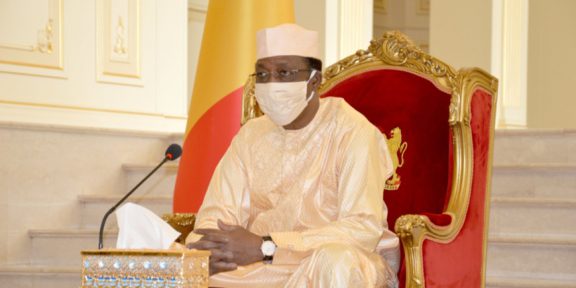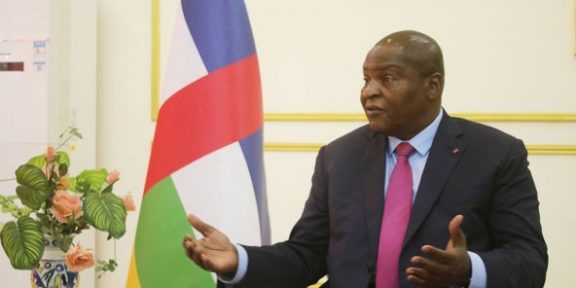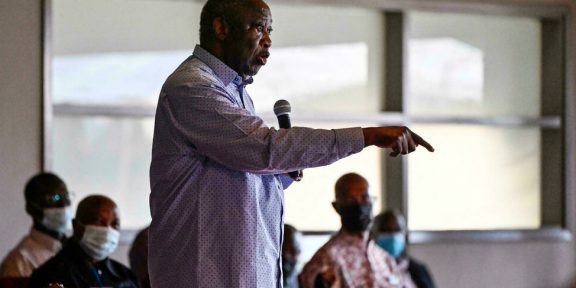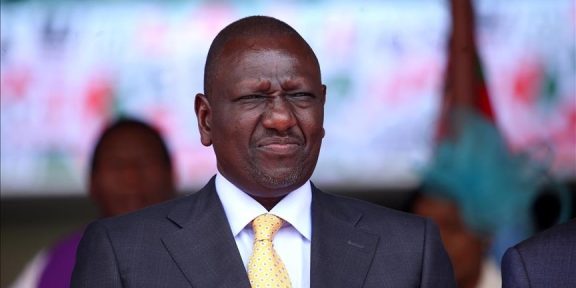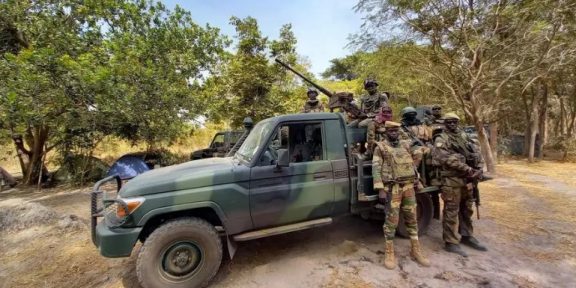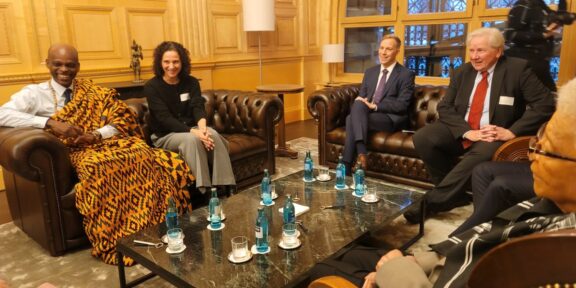Nostalgia for supremacy versus revival of sovereignty. These are the two main trends that have been coexisting for several decades and have recently been clashing with increasing frequency on a world stage whose growing turbulence seems to be pushing the point of equilibrium inordinately. Between the reshuffling of alliances and the shifting of spheres of influence, between the rhetoric of belligerence and the promises of interference, we are far from the bright horizon that the advent of multipolarity heralded.
With the supposed end of East-West rivalries, hopes were high that the shackles that had always suppressed the emancipatory aspirations of our hitherto Third World States would be lifted. There were countless opportunities for growth and a growing range of alliances for those States that could now set about realising their ambitions for sovereignty and prosperity without fear of provoking the wrath of any guardianship.
However, the triumph of multipolarity has long since fizzled out, and in no time at all we are witnessing a rapid return to the old hegemonic practices. In addition to military proxy aggression and long-standing political and economic pressures, there are also legal concerns. Unilateral revisions or terminations of partnership agreements, the imposition of sanctions, arbitrary judgments, defamatory accusations – any pretext is good, especially the most fallacious, as long as it serves to assert the claims of hegemonies incapable of adapting to the new egalitarian order.
Instead of being supported by historical accounts of unquestionable accuracy, these claims are based on narratives that are completely at odds with the truth of intentions, facts and consequences. The moral and intellectual reversal thus advocated aims at nothing less than the self-reproach and self-condemnation of our peoples, victims of the occupation of their lands, the plundering of their resources, the alienation of their physical, moral, intellectual and cultural personality, not to mention genocide and deportation.
And like other countries here and elsewhere, victims of asymmetric conflicts driven by false fundamentalist or separatist ideologies, Cameroon is faced with plans to balkanise its administrative regions of the Far-North, North-West and South-West. Far from being the bearers of a puritanical or emancipatory social project, these seditious movements created outside our borders are in reality only the secular arms of the foreign bodies that finance them.
This will set the stage for the conflict-ridden scenario in which international relations will be made and unmade in the coming decades. Whether one is undecided or determined, the days ahead will be an opportunity for either subjugation or emancipation. The outcome in both scenarios will be painful, and there will be no mercy for the spineless. We may as well choose the one that mirrors the spirit of our national heroes, our glorious freedom fighters.


